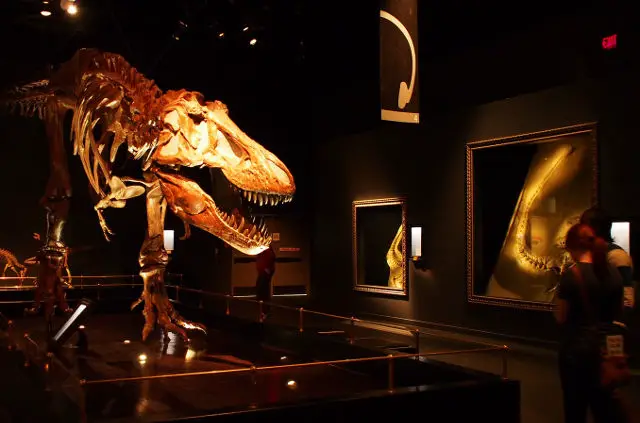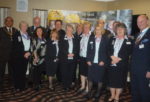Cafe Scientifique returns to Shanklin this evening (Monday) with a presentation by Dr Pamela Gill, Research Associate in the School of Earth Sciences at Bristol University.
“Using new technology to shine light on the lives of the first mammals”, Dr Gill will be talking about the technology that has transformed the study of palaeontology.
The earliest mammals lived 200 million years ago, and co-existed with the dinosaurs through the Mesozoic. Although their fossil bones and teeth have been known since the 19th century, exciting new technologies such as synchrotron CT scanning now offer the chance to find out much more about their lives.
Come along to see how we can work out such things as what they ate, how long they lived and if they were warm blooded.
Where and when
The talk take place on Monday 13th March at 7pm.
All talks are held in the Regency Suite at Shanklin Conservative Club. For those who do not know The Regency Suite, it is above the Conservative Club in Shanklin in Palmerston Road, just off The High Street.
The nearest car parks are in Landguard Road and Orchardleigh Road, both only two or three minutes walk away. Parking is free after 6pm.
A donation of £3 is requested to ensure the group can cover their expenses. ie. room hire, cost of speakers’ travel expenses and a meal, plus overnight accommodation if needed.
What is Cafe Scientifique?
Cafe Scientifique is a club for those interested in the latest ideas in science and technology.
There are many Cafe Scientifique clubs around the country, held in coffee shops, pubs or bars, all aiming to provide a forum for debating science issues in a relaxed environment.
Those organising the events are committed to promoting public engagement with science and to making science accountable.





